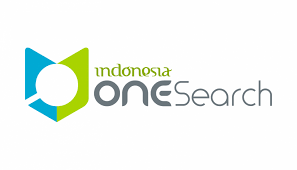IMPLEMENTASI KEBIJAKAN TOLERANSI ANTAR UMAT BERAGAMA DI KOTA TOMOHON
Abstract
The implementation of tolerance policy among religious people is not a stranger in Tomohon City, because
the City was awarded as a pilot city for religious harmony in Indonesia. In its implementation, the
Government does not yet have a local regulation that regulates the lives of religious people. Even though it
would be better if the local regulation was made as a reference in the implementation of strategic policies
related to tolerance between religious communities. In this study, the authors use the implementation model
from Smith, where policy implementation is seen from 4 aspects that have a major influence including the
Idealized Policy, namely policies implemented in the form of programs in conjunction with the applicable
legal basis. Target groups are people or parties who are directly affected by existing policies and who have
to adopt patterns of interaction as expected by policy makers. Implementing Organization, namely the
implementing agencies or bureaucratic units of the Government in collaboration with the Religious
Institutions responsible for policy implementation. Environmental Factors are elements in the environment
that influence or are influenced by policy implementation. This research uses descriptive qualitative
research methods, namely through 8 informant interviews, direct observation, and study documentation and
assisted with interview guidelines, recording devices, and writing instruments. The results of the study in
general explained that the implementation of the policy of tolerance between religious communities in
Tomohon City has not been running optimally because the government does not yet have a Regional
Regulation that regulates the order of life of religious people.
Keywords: Policy Implementation, Tolerance, Religious Peoples








